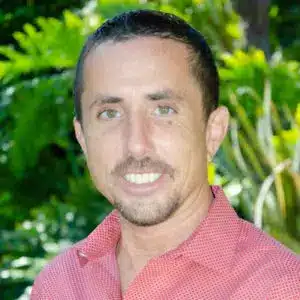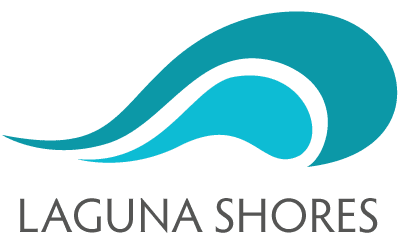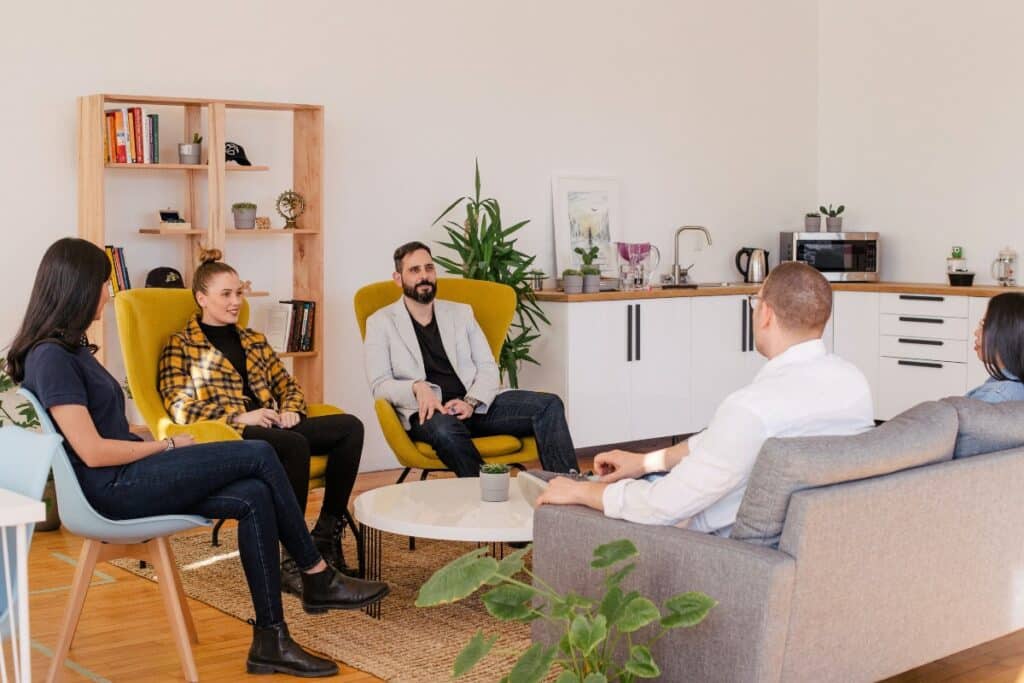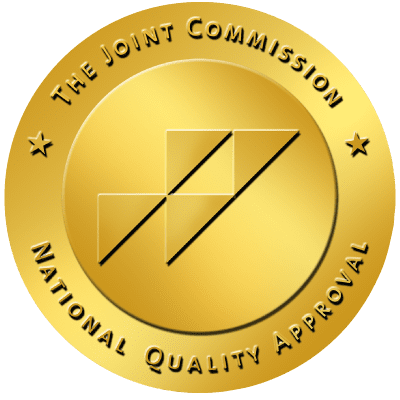Some people may associate addiction treatment with detox and 12-Step meetings. But do you know that a wide variety of non-12-Step programs exist out there? This may be good news for those who hesitate about relying on a “higher power” or predesigned steps. Non-12-Step programs, including cognitive therapies, motivational interviewing, contingency management, experiential therapy, adventure therapy, mindfulness, and other holistic therapies. The even better news is that Laguna Shores Recovery Center offers high-quality programs in all these areas.
How to Match Your Needs With a Non-12-Step Treatment Program
If you are looking for a non-12-Step addiction treatment program, you are not alone. The famous 12-Step programs may not work for everyone. It is ok not to include this program in your overall treatment plan. The most important thing is that you work closely with health professionals to explore what your health needs are and design a plan accordingly. Even without the standard 12-Step program, there are group therapies that may serve similar purposes.
In general, recovering individuals need support in areas such as detox, relapse prevention, mental health treatment, relationship skills training, life skills, stress management, and continuing care. Standard 12-Step meetings may excel in peer-to-peer support and rebuilding communication skills. But even if you choose to opt out of the 12-Step program, your needs can be met through a wide range of methods.
Detox Procedures
There are various pathways to achieving sobriety. Depending on the type of substances a person has become dependent on and how severe the addiction symptoms are, detox may vary from outpatient sessions to medically assisted detox with 24/7 monitoring and care.
At Laguna Shores Recovery Center, you can expect to work with a highly professional staff and health experts who assess your needs and match you with the most ideal detox procedures. Not only will they help your body get rid of harmful toxins, but our staff will also make sure that the process is painless and that medications are safely administered to help you manage withdrawal symptoms in a timely fashion.
Cognitive Therapies
Because many recovering individuals struggle with mental health issues such as anxiety and depression in early sobriety, cognitive therapies are designed to help them address these needs. The most common method is cognitive-behavioral therapy (CBT). Its goals include helping identify negative thought patterns and correct them. CBT may take up to 12 weeks of one-on-one sessions with a trained therapist.
In addition, dialectical behavior therapy (DBT) is a specialized and adapted type of CBT for people struggling with more severe mental health disorders, including borderline personality disorders, bipolar disorder, and emotional distress leading to potential suicidal thoughts. DBT is designed as a harm prevention method. A trained therapist helps recovering individuals learn acceptance and resolve conflicts.
Most cognitive therapies begin with a comprehensive assessment when a licensed therapist asks questions to capture individuals’ medical history, situations, and mental health challenges. Then the following sessions will center around key concepts, such as positivity, acceptance, and goal-setting.
Cognitive therapies can also be conducted in a format of group therapy. This may involve up to 20 weekly meetings. A therapist will facilitate discussions around a shared situation and how emotions can be better managed. Usually, participants are expected to complete a very practical homework assignment after each session.
Family Therapy
Another common group therapy is family-based. Its goals include helping family members restore lines of communication, improve positive communication, and resolve conflicts. The same principles that guide cognitive therapies, such as acceptance, can also be applied in family therapy.
Family therapy is the best approach if a recovering individual relies on family members for daily support. People with severe mental health illnesses or disabilities, and teenagers who are being monitored by parents, may benefit greatly from family therapy.
Typical family therapy sessions take around an hour and the whole treatment may require 12 weeks of regular attendance. Members of the same family may also see the therapist individually if they need to do so. In a group session, an experienced family therapist will use a strength-based approach to help family members express thoughts and emotions.
Holistic Therapies
While the above-mentioned treatment methods may focus on a specific area of need to support recovering individuals, some therapies seek to care for the whole person. These are known as “holistic therapies.” The most common holistic therapies include mindfulness meditation, breathing works, yoga, massage therapy, experiential therapy, animal-assisted therapy, and adventure therapy.
These holistic methods are designed to restore the interconnections among a person’s physical, emotional, mental, and spiritual well-being. For example, people who recover from both substance addiction and PTSD need detox treatment and cognitive therapies, as well as treatments for their sense of safety and trust in others. Holistic therapies are designed to provide the latter type of care.
When choosing the right treatment program, it is important to carefully consider your needs and goals. If you are not ready for the typical 12-Step rehab program, it is totally fine and possible to work on some other therapies that produce similar benefits. If you or someone you know is struggling with finding a non-12-Step rehab program or just have questions about rehab in general, it is always good to ask. At Laguna Shores Recovery Center in Dana Point, California, in Orange County, our team of recovery experts is available 24/7 to help answer all your questions. We personalize a treatment plan for you. Call us at (866) 774-1532 today.




